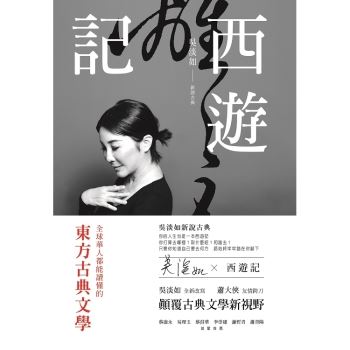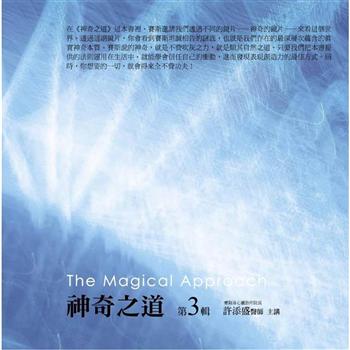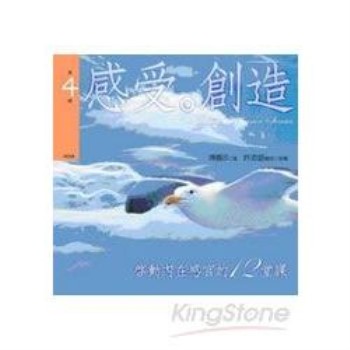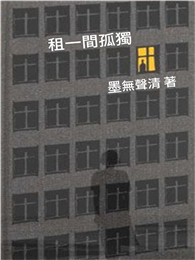The aim of this study was to analyze how basic education teachers have been developing their pedagogical practices in rural education in a school in the municipality of Santa Rita/PB. The study had two methodological fronts: one was bibliographical, with an analysis of the principles of the Rural Education Guidelines, and the other was field research, with a survey of the Pedagogical Political Project, lesson observation, lesson plans and a questionnaire, looking at conceptions, content and methods. To support the research, we studied the Basic Education Curriculum Guidelines, Brazil (2010), Decree 7.352, Brazil (2010), Resolution CNE/CEB 1, Brazil (2002) and other authors. We found that the classes were dynamic, but did not involve the specificities of the countryside. The Pedagogical Political Project is based on the principle of valuing rural knowledge, but it is important to discuss and deepen the themes of rural education in this project. We hope that the discussions on the Guidelines for Education in the Countryside will take place and can be reflected in the work of teachers to value the history and identity of rural students.
| FindBook |
有 1 項符合
Curriculum Guidelines for Basic Education in Rural Schools的圖書 |
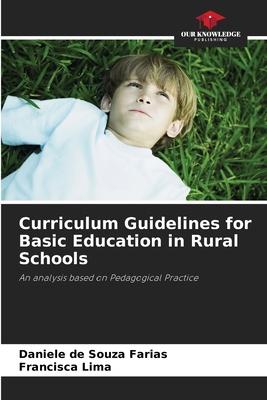 |
Curriculum Guidelines for Basic Education in Rural Schools 作者:Farias 出版社:Our Knowledge Publishing 出版日期:2024-03-30 語言:英文 規格:平裝 / 72頁 / 22.86 x 15.24 x 0.43 cm / 普通級/ 初版 |
| 圖書館借閱 |
| 國家圖書館 | 全國圖書書目資訊網 | 國立公共資訊圖書館 | 電子書服務平台 | MetaCat 跨館整合查詢 |
| 臺北市立圖書館 | 新北市立圖書館 | 基隆市公共圖書館 | 桃園市立圖書館 | 新竹縣公共圖書館 |
| 苗栗縣立圖書館 | 臺中市立圖書館 | 彰化縣公共圖書館 | 南投縣文化局 | 雲林縣公共圖書館 |
| 嘉義縣圖書館 | 臺南市立圖書館 | 高雄市立圖書館 | 屏東縣公共圖書館 | 宜蘭縣公共圖書館 |
| 花蓮縣文化局 | 臺東縣文化處 |
|
|
圖書介紹 - 資料來源:博客來 評分:
圖書名稱:Curriculum Guidelines for Basic Education in Rural Schools
Sex-education - A series of lectures concerning knowledge of sex in its relation to human life
George Washington’s Providence
The Battles of Texas: Adjuncts, Composition, and Culture Wars at UT Austin
The Battles of Texas: Adjuncts, Composition, and Culture Wars at UT Austin
English Grammar: Participles, Adverbs, Conjunctions, Prepositions, and Interjections
Elementary English Grammar: Practical Lessons Adapted To The Classroom
Anglo-Saxon Grammar And Exercise Book: With Inflections, Syntax, and Selections For Reading
Golden Steps to Respectability, Usefulness and Happiness: Being a Series of Lectures to Youth on Character, Principles, and Marriage
Beyond Good and Evil, by Friedrich Nietzsche: Prelude to a Philosophy of the Future
The Senses and The Mind
George Washington’s Providence
The Battles of Texas: Adjuncts, Composition, and Culture Wars at UT Austin
The Battles of Texas: Adjuncts, Composition, and Culture Wars at UT Austin
English Grammar: Participles, Adverbs, Conjunctions, Prepositions, and Interjections
Elementary English Grammar: Practical Lessons Adapted To The Classroom
Anglo-Saxon Grammar And Exercise Book: With Inflections, Syntax, and Selections For Reading
Golden Steps to Respectability, Usefulness and Happiness: Being a Series of Lectures to Youth on Character, Principles, and Marriage
Beyond Good and Evil, by Friedrich Nietzsche: Prelude to a Philosophy of the Future
The Senses and The Mind
|
